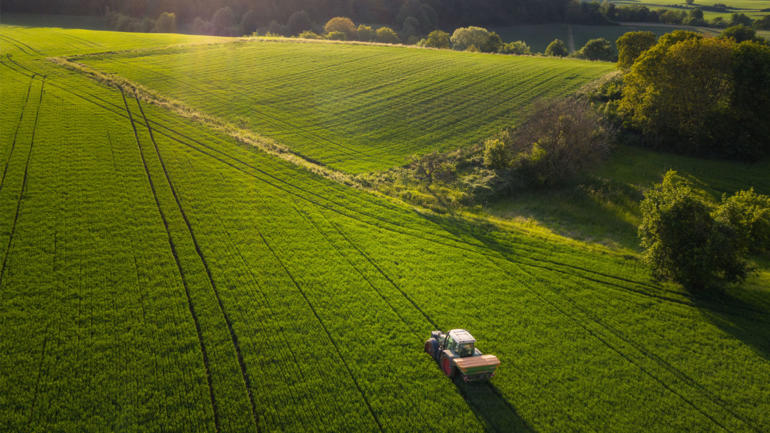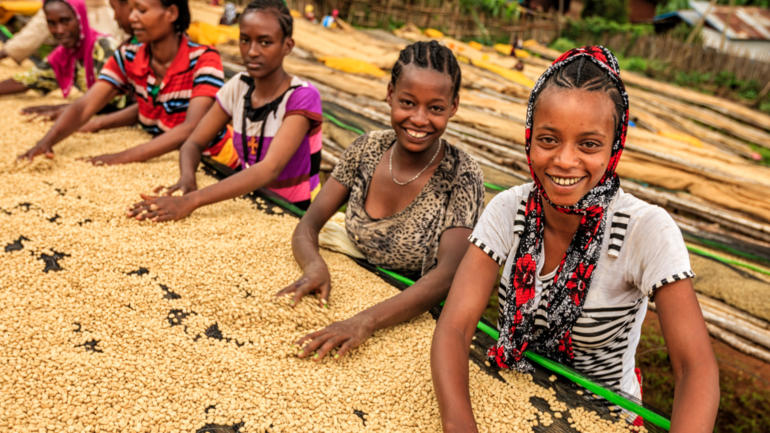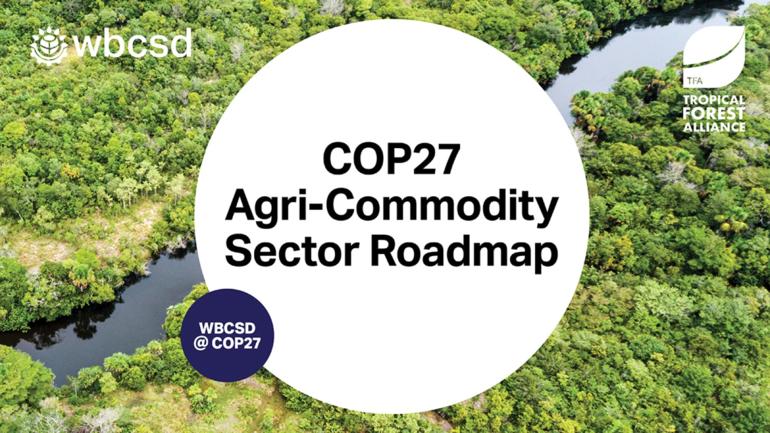To rise to the challenge of creating a new food system and, more generally, of achieving truly sustainable development, all the main shareholders around the world need to work together in close cooperation.
“Of course, the goodwill of governments or new scientific discoveries are important, but they are not enough to achieve the complete transformation of the current food system”. This is the belief of Peter Bakker, President of the World Business Council for Sustainable Development, which brings together and connects various companies with a goal of speeding up the shift towards a sustainable business model and a sustainable global system. It does this by creating business models which are approved by business leaders, while also having a beneficial effect on the environment and development. And it was these global models of collaboration which Bakker discussed during the 7th BCFN Forum on Food and Nutrition held in Milan, focusing above all on food systems.
What are the main problems in today’s food system?
The current food system simply doesn’t work: too many people do not have enough food to eat, many people do not have the right food available to them, a third of all food produced is wasted or lost and the environmental impacts of food production are huge. Consequently, when I think about the future of the food system, I think first and foremost about the radical change the current system will need to undergo. We need a system which has a lower impact on the planet, which provides everybody around the world with the right nutrition and which is healthier for everyone.
What steps need to be taken to achieve such a change?
We need to focus on solutions rooted in science, and this will only be possible if the business sector collaborates with scientists and governments. We have no time to lose. The world’s population will soon reach 10 billion and we need to be able to feed everyone, offering healthy and tasty diets, but always respecting the limits of the planet’s resources.
How do the UN Sustainable Development Goals fit into this context?
I think that the Sustainable Development Goals (SDGs) are an excellent concept and point us in the right direction for achieving change in the food system. The SDGs provide the framework within which all of the aspects of the food system can be gathered together in a single context, but the collective approach of collaboration between business, science, governments and NGOs is undoubtedly the key to meeting these objectives.
What are the challenges for policy makers to overcome?
The first challenge is being able to view these SDGs from a holistic perspective. We cannot just focus on resolving climate change, we need to find solutions which allow us to reach all of the objectives set out. This is a huge challenge for most policy makers, but the SDGs give us the opportunity to join together the arguments and debates which are currently being dealt with separately. The second challenge for policy makers is to understand that we can no longer simply talk about national issues: the challenges we face are global and the food system must be dealt with globally too.
So what is the role of companies and the business sector?
Business also has a key role to play. Much of our food is produced by companies which rely on global supply chains involving countries all around the world. As a result, companies are inevitably crucial stakeholders in bringing about change in the food system.
Do you think it will be possible to achieve a radical transformation of the food system?
I am optimistic. If we look at the debates around climate change, we can see that such a transformation has been triggered: with the Paris agreement of 2015, for the first time, governments, scientists, the business sector and cities around the world collaborated to identify solutions to halt climate change. Now we need to do the same thing for the food system.
This piece was originally published on https://www.barillacfn.com/









